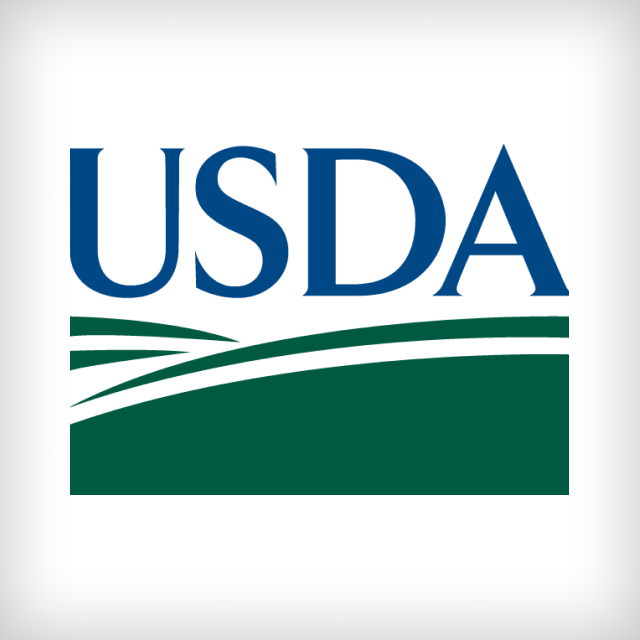In a significant win for consumer advocates, the U.S. Court of Appeals for the Ninth Circuit has partially overturned federal regulations on labeling bioengineered foods, ruling that the U.S. Department of Agriculture’s Agricultural Marketing Service (AMS) unlawfully excluded highly refined products like sugars and oils from disclosure requirements if modified genetic material was undetectable. The court opinion, issued on October 31, 2025, stems from a lawsuit filed by grocery retailers and public interest groups, including Natural Grocers and the Center for Food Safety, challenging the AMS rules under the Administrative Procedure Act.
The court found the “detectability” standard erroneous, as it confuses the absence of genetic material with the limitations of testing methods, potentially leaving consumers in the dark about ingredients in up to 70% of genetically modified foods. The court remanded the issue to the district court for reconsideration by the AMS, which may lead to broader labeling mandates. The panel also invalidated regulations allowing QR codes and text messaging as sole disclosure options, deeming them inadequate and inaccessible, especially for those without smartphones, and ordered a prospective vacatur after party input. However, the court upheld the use of the term “bioengineered” over more common phrases like “GMO,” finding it aligned with statutory language and reasonable to avoid preemption conflicts.
The ruling could raise compliance costs for small food manufacturers, who may need to verify and relabel highly refined items, though the prospective vacatur allows time to clear existing inventory. For families, it promises clearer on-package disclosures, empowering informed choices amid ongoing debates over food transparency. George Kimbrell, legal director for the Center for Food Safety, hailed it as a “landmark victory for the public’s right to know what they eat and feed their families.”
Industry groups, including agriculture intervenors, had defended the rules, but the decision adds pressure on the USDA to revise them swiftly.
